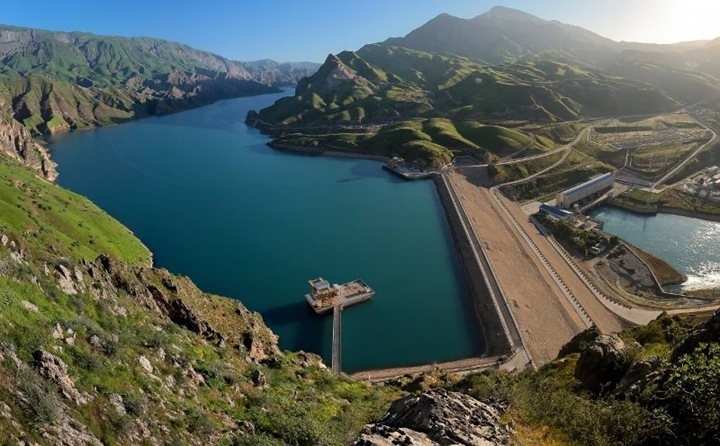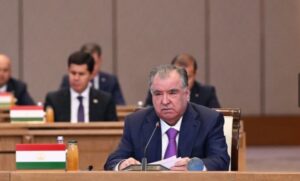The Parliament of Tajikistan approved a protocol introducing significant changes to the Russian-Tajik agreement on the operation of the Sangtuda HPP-1, a strategically important facility on the Vakhsh River. This document paves the way for the gradual cancellation of the impressive debt of the state energy company «Barki Tojik» to the hydroelectric power station. The amount of debt accumulated by the end of 2024 reaches 3 billion 257 million somoni, equivalent to almost 298 million US dollars. The governments of Russia and Tajikistan have approved a detailed schedule for writing off this debt, which will be implemented over ten years, from 2025 to 2034.

However, debt write-off will not be unconditional. The Tajik side will have to fulfill a number of important obligations. Among the key conditions – official assignment of the land plot under the hydroelectric power station itself and the adjacent territory to the joint venture «Sangtuda HPP-1». In addition, Tajikistan must guarantee the timeliness of all current payments and ensure a stable financial position of the energy company «Barki Tojik», which is critical for the long-term stability of the project.
The protocol also introduces a new, preferential tariff schedule for the purchase of electricity generated by hydroelectric power plants. Starting in 2025, the tariff will be set at 1.5 US cents per kilowatt-hour. Then a gradual increase in this tariff is envisaged, which by 2032 will reach 2.2 cents. In the subsequent period, from 2033 to 2048, the tariff will be fixed at 3.3 cents per kilowatt-hour. Such changes are designed to balance the economics of the project and ensure its profitability in the long term.
An important aspect of the new agreement is the extension of the return period for investments made in the project. Initially designed for 20 years, this period has now been increased to 35 years, that is, until 2048. The total amount of equity capital contributed by the parties to the project is determined in the amount of $847 million.
Let us remind you that the signing of the protocol took place in April of this year. The document was signed by the Minister of Energy and Water Resources of Tajikistan Daler Jumaa and the Minister of Energy of Russia Sergei Tsivilev. For the protocol to enter into full force, it is necessary that both parties complete all required domestic procedures and formally notify each other of their implementation.
The main reason for the formation of a multimillion-dollar debt to Sangtuda HPP-1 in the energy holding «Barki Tojik» is the significant difference between the cost of electricity produced at this HPP and the average tariff at which it is sold to end consumers in Tajikistan. This creates a financial imbalance, which led to the accumulation of debt.
Interestingly, in the summer, the electricity generated by Sangtuda HPP-1 is exported by the energy holding to neighboring Afghanistan at a price exceeding 4.5 cents per kilowatt-hour. However, existing power lines do not allow for a significant increase in the volume of such supplies. No other equally profitable foreign markets for Tajik electricity have been found at the moment. As a result, in the summer, Sangtuda HPP-1 is often forced to carry out idle water discharge in significant volumes, which means a loss of potential output and income.
In winter, when electricity consumption in Tajikistan increases, «Barki Tojik» purchases electricity from Sangtuda HPP-1 at a higher cost, but is forced to sell it to domestic consumers at relatively low, socially oriented tariffs. «This inevitably leads to the formation of debt and, as a consequence, to a deterioration in the company’s financial position», – the energy holding states, emphasizing the systemic nature of the problem that the new protocol is designed to solve.




